Akita History and Origins: Unveiling the Enigmatic Journey of a Fascinating Breed
In this comprehensive article, we delve into the captivating history and origins of the Akita, a breed that has captured the hearts of dog enthusiasts worldwide. We will take you on a journey through time, tracing the lineage of this magnificent canine companion, exploring the ancient Japanese roots, and understanding the factors that contribute to its enduring popularity.
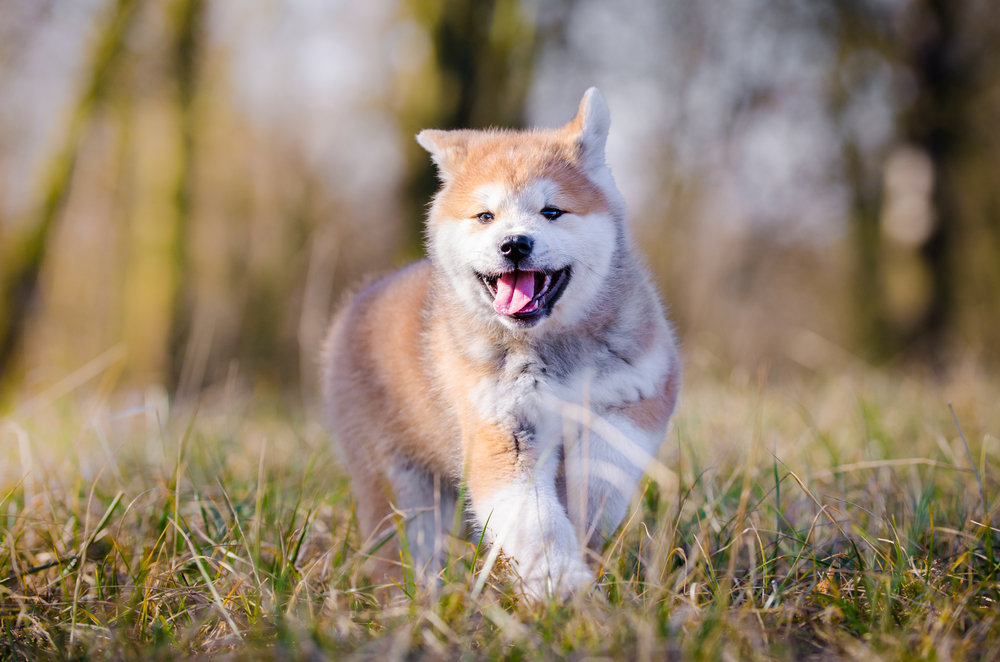
The Ancient Japanese Heritage
The Akita’s story dates back to ancient Japan, where it emerged as a symbol of nobility and loyalty. Initially bred for noble and imperial purposes, the Akita was revered for its hunting and guarding abilities. The breed’s lineage can be traced to the Akita region, located in the mountainous terrain of northern Japan, where it was highly regarded for its strength and fearlessness.
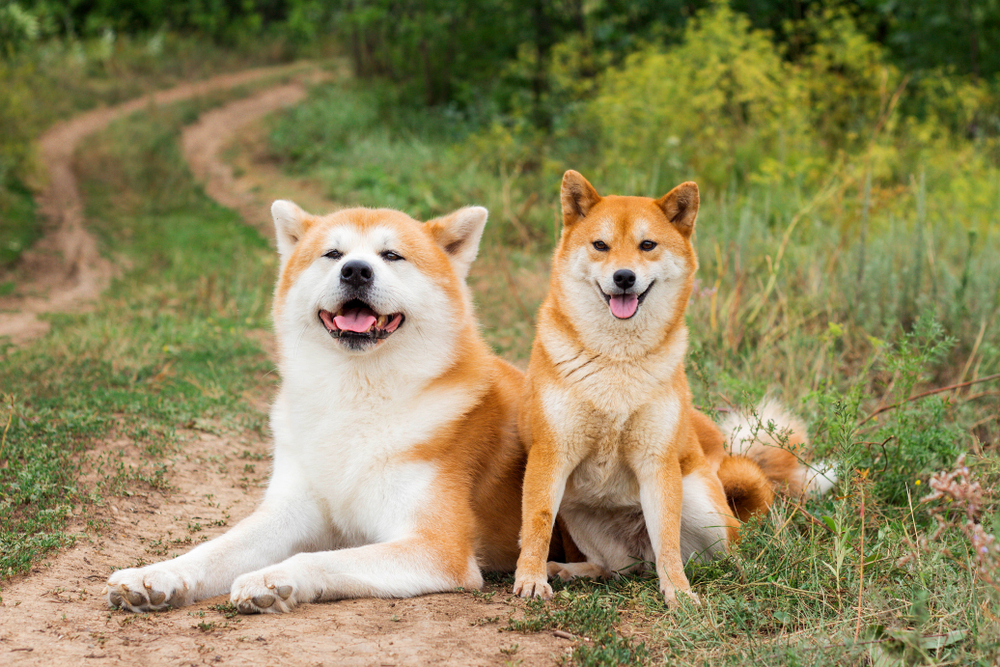

The Akita Inu - A National Treasure
The Akita gained national recognition as a “Natural Monument” in Japan in 1931. Its significance to the nation’s heritage was officially acknowledged, and measures were taken to preserve its purity and protect it from extinction. However, during World War II, the Akita faced a significant threat to its survival, as the scarcity of resources led to crossbreeding with other dogs. Fortunately, dedicated efforts from breed enthusiasts post-war helped revive and maintain the Akita’s distinctive characteristics.
Helen Keller's Influence
The fascinating history of the Akita also includes an inspiring connection with the renowned American author and activist, Helen Keller. During her visit to Japan in 1937, she encountered an Akita named Hachiko, a loyal and faithful dog who continued to wait for his deceased owner at a train station for nearly ten years. Keller was deeply moved by Hachiko’s unwavering loyalty, leaving an indelible mark on the breed’s international reputation.
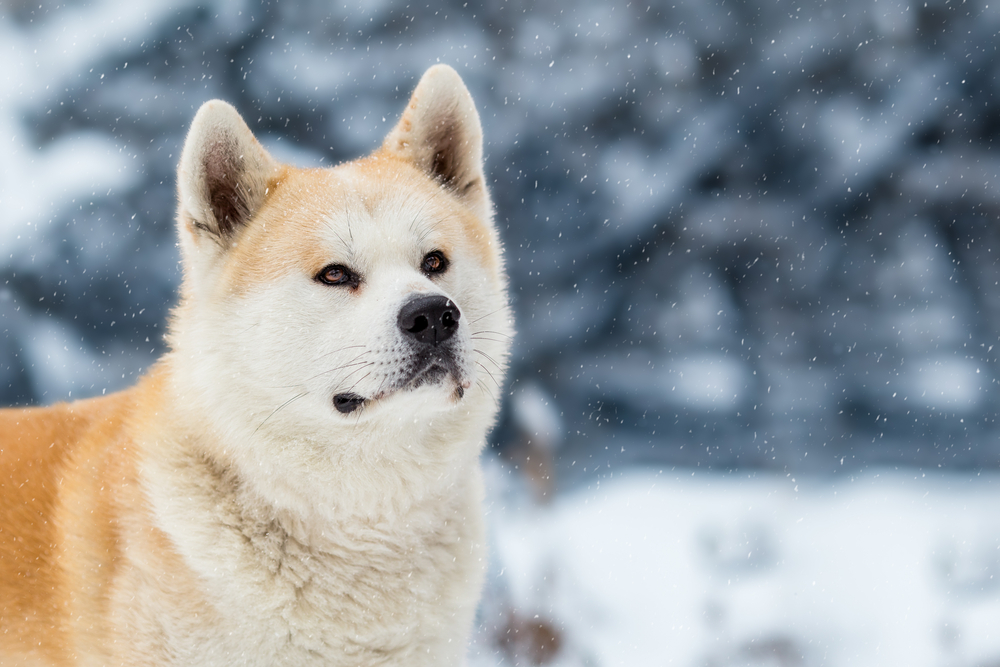
Akita's Journey to the United States
The Akita’s journey to the United States commenced in 1937 when the Japanese government gifted two Akitas, one male (named Kenzan-go) and one female (named Sunlight), to Helen Keller. Unfortunately, Sunlight passed away after a brief illness, but Kenzan-go found a new home in America, leaving a lasting legacy as one of the breed’s pioneering representatives in the Western world.
The American Akita vs. Japanese Akita Inu
Over time, slight variations emerged between the Akita breed lines in Japan and the United States, leading to the recognition of two distinct breeds: the American Akita and the Japanese Akita Inu. While both breeds share common ancestry, they possess subtle differences in appearance and temperament. The American Akita tends to be larger and more robust, while the Japanese Akita Inu maintains a more fox-like expression and a lighter frame.
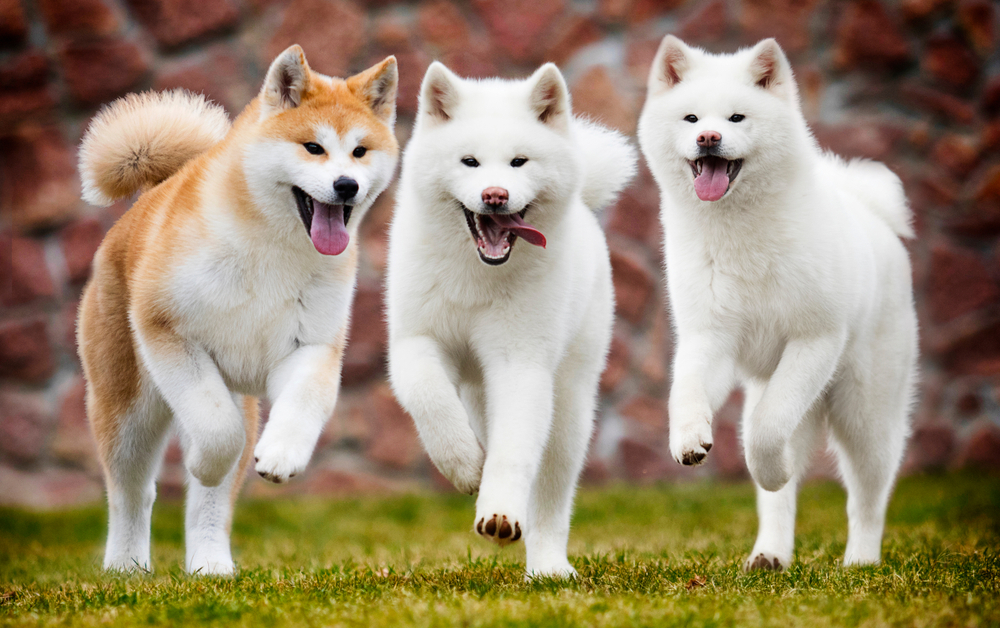
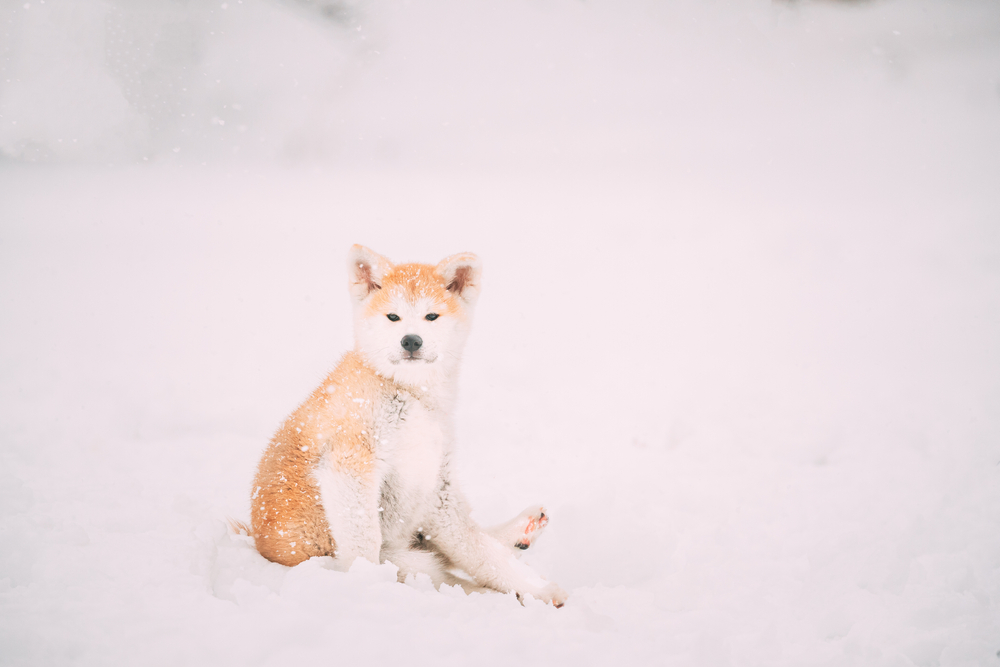
Akita's Rise to International Prominence
Throughout the 20th century, the Akita’s popularity continued to soar, capturing the hearts of dog enthusiasts around the globe. With its unique blend of regal charm, unwavering loyalty, and dignified presence, the Akita earned a reputation as a formidable and devoted companion.
Akita's Role in Popular Culture
The Akita’s allure extended to the realms of popular culture, further fueling its fame. Several movies, books, and even an animated film, “Hachiko Monogatari,” were dedicated to celebrating the extraordinary bond between the Akita and its owners. These depictions immortalized the breed’s loyalty and contributed significantly to its global appeal.

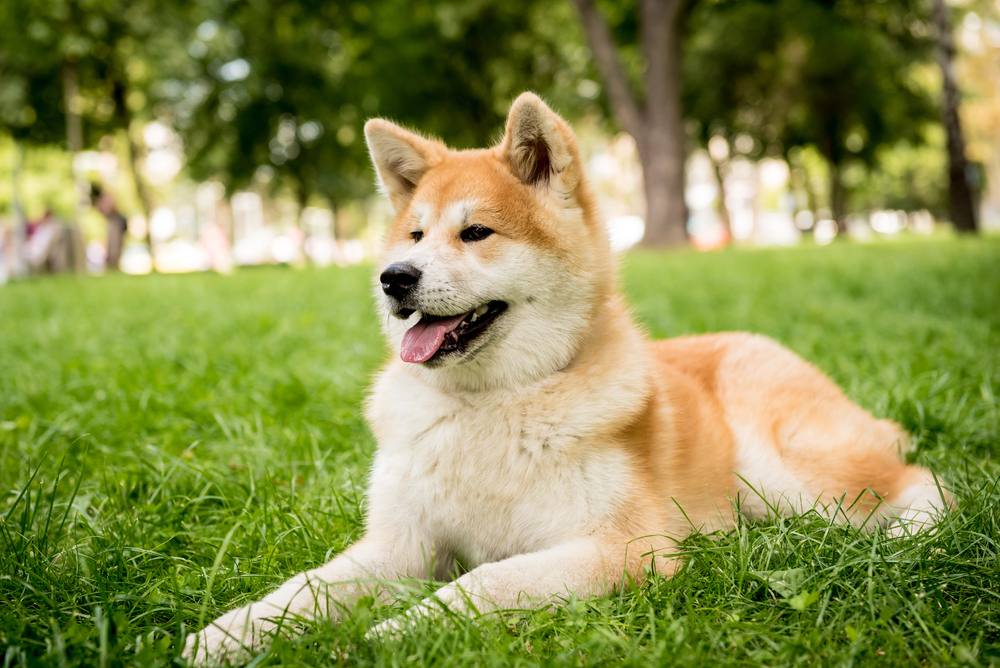
Challenges and Preservation Efforts
Despite its enduring popularity, the Akita faces challenges in maintaining its genetic diversity and overall health. Responsible breeding practices, health screenings, and education on breed-specific issues are paramount in ensuring the Akita’s well-being for future generations.
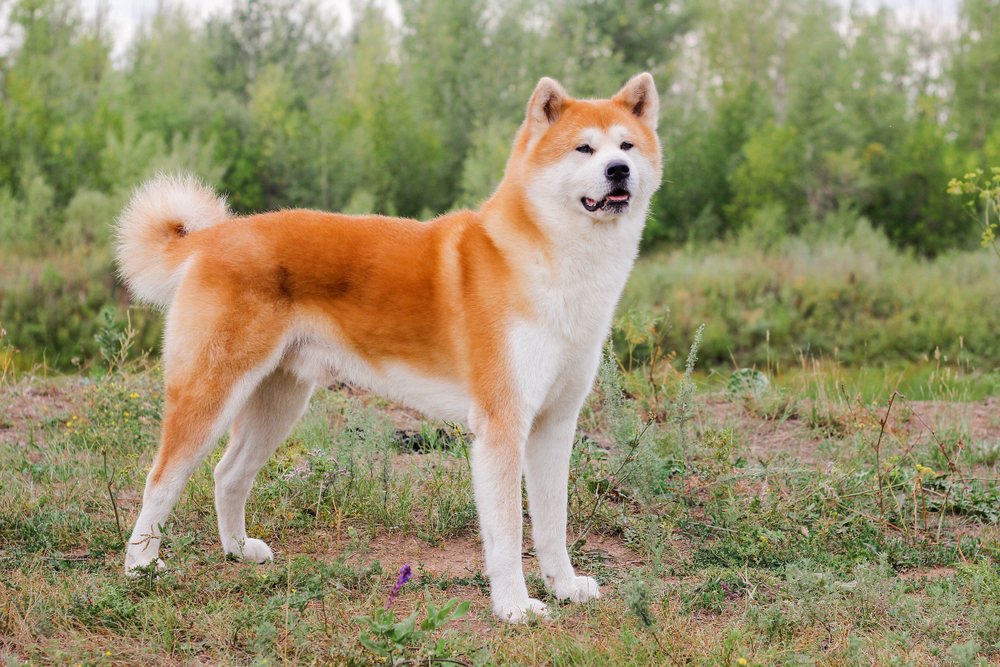
Akita History and Origins
The Akita’s history and origins are a testament to its enduring legacy and captivating charm. From its noble roots in ancient Japan to its international fame, the Akita continues to hold a special place in the hearts of dog enthusiasts worldwide. As we cherish its past, we must also strive to preserve its future through responsible ownership, breeding, and appreciation for the remarkable journey of this enigmatic and beloved breed.